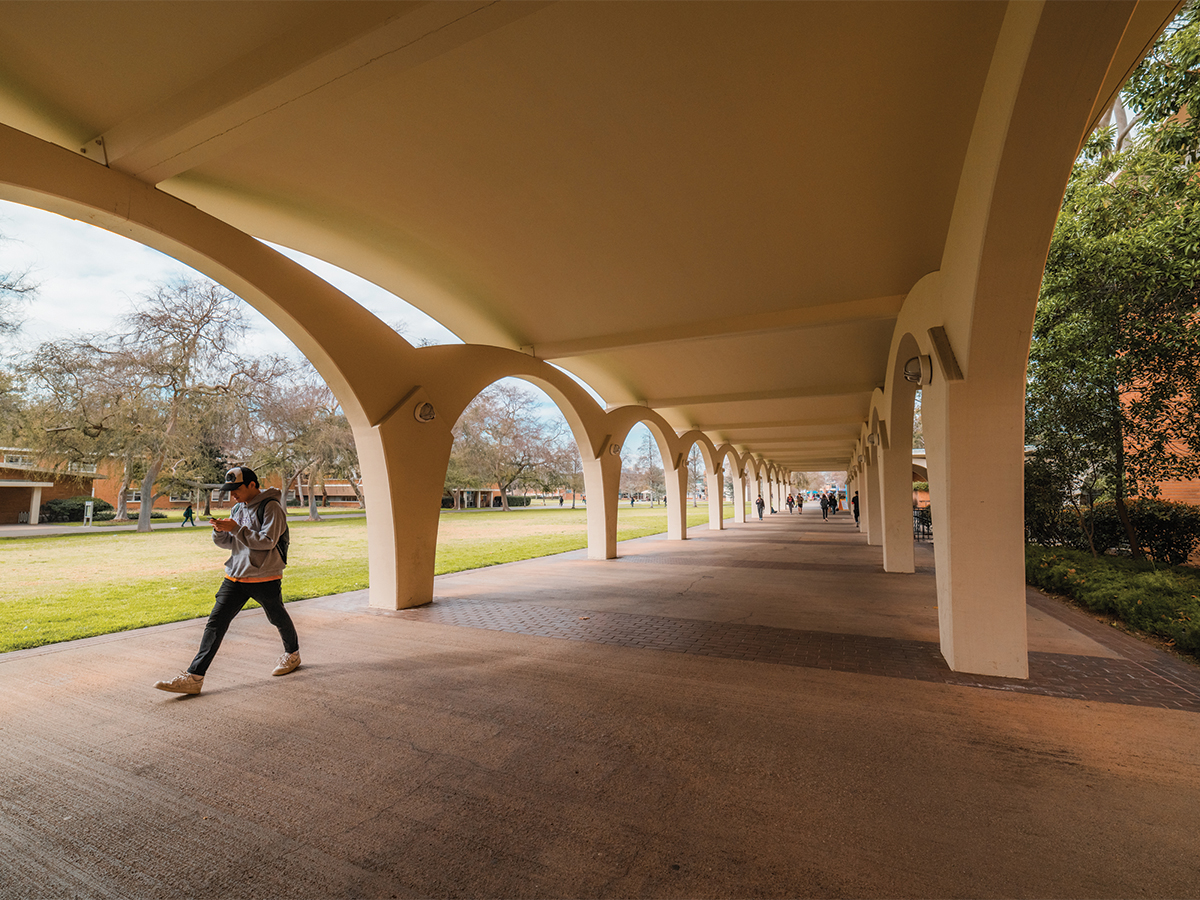The University of California (UC) announced that they will not raise tuition for California students this fall. However, UC President Janet Napolitano stated that she expects tuition increases for out-of-state and international students.
The regents’ finance committee passed a proposal on March 6 that would require non-resident undergraduate students to pay about $762 more in tuition for the 2019-2020 school year. This would raise about $30 million for the UC. On March 14, many UC regents disputed a raise in tuition prices for non-resident students. Regent Cecilia Estolano stated that she was against a raise in tuition for non-resident students, stating that, “We shouldn’t just be the playground of a few very, very wealthy people from a few countries.”
In an interview with the Highlander, Sarah McBride, the media and communications strategist for the University of California Office of the President (UCOP), stated that the university is committed to affordability and accessibility and is pleased to be able to hold in-state undergraduate tuition steady for the 2019-2020 academic year. McBride wrote that, “we are optimistic about our partnership with the governor and legislature to work collectively in identifying additional resources to support UC’s core mission, in lieu of tuition revenues.”
McBride stated that consistent with UC’s commitment to affordability, “we do not expect a minor increase to non-resident tuition (which is less than the rate of inflation) — if approved — to affect non-resident enrollment or timely progress toward graduation.” In addition, McBride noted that financial aid offices offer support in finding forms of assistance available to help families with a range of incomes meet their expected contribution.
Non-resident tuition enables UC campuses to expand course availability, student advising and other services that help in-state students make timely progress towards graduation, stated McBride. Without that support, McBride said that California residents would have fewer course selections, larger classes and reduced support services.
In an interview with the Highlander, Gerry Bomotti, the vice chancellor for planning and budget at UCR, stated that, “We here at UCR have a much smaller portion of our student population that is non-resident, but we believe the non-resident rate is already pretty high.” He stated that UCR was not requesting any additional increase in the non-resident costs and concurrently trying to increase its non-resident population under the existing fee structure.
Bomotti believes that it is a benefit for UCR in-state students to not have a tuition increase. He stated that, however, approximately one-half of UCR’s total core budget that supports basic instruction for UCR students and does not include grants and contracts or housing and dining or other similar self-supporting activities comes from the State of California. If there is no tuition increase and if the state does not cover this with additional state revenue, Bomotti believes there will be a financial impact on the campus.
In order to clarify what the financial impact on UCR’s campus would be if the state did not provide additional revenue to cover the lack of revenue that would occur if tuition prices are not raised, Bomotti provided a hypothetical situation. Bomotti stated that, “under these proportions, if the state gave a 4% increase in funding that does sound very good, but if there is a 0% increase in tuition income that means our total core budget goes up about 2%.” He also stated, “if at the same time mandatory expenditure increases (like salary, benefits, etc.) are going up by 3.5% of the total core budget we end up with a 1.5% budget cut to balance our budget.”
In the past, Bomotti stated that the state has agreed to fund the equivalent of a tuition increase in order for campuses to be able to balance their budgets with fixed cost increases such as salary, benefits and utilities but the state has not indicated they would provide that support for the next fiscal year. “If this happens UCR will have a budget cut in order to fund fixed cost increases,” stated Bomotti.
No tuition increase for California residents will “clearly be beneficial for our students, but if the state does not provide additional revenue to the institutions (which they have in the recent past), we will have to make some budget cuts in order to balance our budget,” stated Bomotti. Bomotti stated that he is sure UCR and the UC would work to focus those cuts on areas that would have a lesser impact on students.
Bomotti believes that there needs to be a balance of resident to non-resident students. He stated that, “UCR is at about 3.5% non-residents right now, so very modest. We would like to grow that number up to 10% over the years, but it still would mean the vast majority of our students would be residents.”
In response to disagreements over raising tuition costs for non-resident students, Bomotti stated that as a state public institution of higher education, it is very important to serve state residents. “The value of non-resident (full paying) students is that they add some diversity to the student body, but they also can bring in additional revenue that can be used to support the campus overall, for the benefit of all students,” wrote Bomotti.








